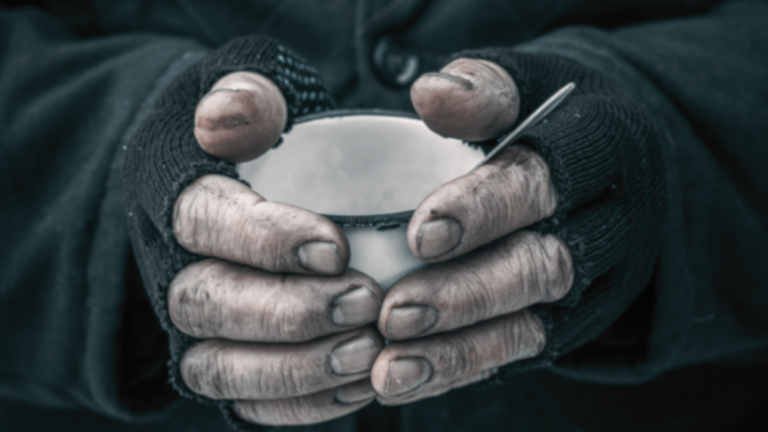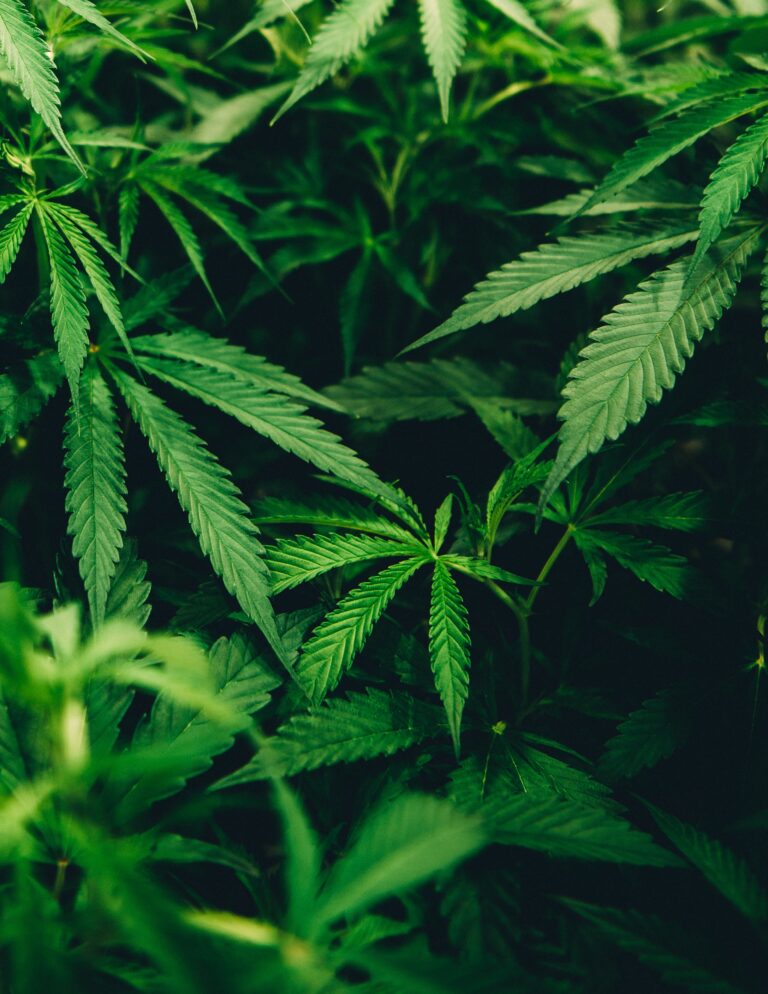20 June 2023, 12:22
Victorian Legislative Council, Melbourne
Rachel Payne MLC – South-Eastern Metropolitan Region
My question is for the Minister for Equality Ms Shing. People with intersex variations represent 1.7 per cent of all births. As the minister is aware, intersex people are born with physical, hormonal or genetic features that are not considered typical male or female sex characteristics. Advocates have raised concerns that intersex children are often subject to invasive and irreversible medical procedures when too young to consent. The real-life experience of a number of intersex Victorians is that medical decisions have been made for them that do not reflect their identity later in life. Recently the ACT passed legislation that will stop deferable treatment on intersex people until they can participate in informed and collaborative decision-making about their own body. So my question is: will the minister commit to similar legislative rights to protect bodily autonomy here in Victoria?
Hon Harriet Shing MLC, Minister for Equality
Thank you, Ms Payne, for that question and for the opportunity to talk about intersex variations and, as you have begun to do, to actually correct some of the mythology and misinformation that exist around intersex variations. As you have said, around 1.7 per cent of live births feature intersex variations. They can be chromosomal; they can also be physical. In a chromosomal sense you might have Turner syndrome or Klinefelter syndrome, and in a physical sense there might be differing appearances of genitalia which require atbirth decisions to be considered and, in too many cases, taken. We know that that has been the source of an enormous amount of trauma, and that was borne out in the issuing of the (i) Am Equal report, which was developed and delivered following extensive discussion with Equality Australia.
With that in mind I do want to foreshadow that this is a matter that sits within the Minister for Health’s portfolio, but I also want to confirm that there has been extensive community consultation on the way in which a reform system can be developed and the way in which consent sits at the heart of surgeries and other medical interventions. We have had a really extensive conversation with LGBTIQ+ individuals, organisations and stakeholders. I note your reference to the ACT and the way in which it has developed reforms. Also Malta and a couple of other jurisdictions worldwide have leaned into the challenges around the way in which medical interventions should not occur, where there is not able to
be informed consent, in anything other than critical and life-threatening circumstances.
We released (i) Am Equal back in 2021. (i) Am Equal: Future Directions for Victoria’s Intersex. Community sets out our commitment to improving health and wellbeing outcomes for this 1.7 per cent of the population, which, for everyone else listening, is about the same population as people with red hair. That is a good comparator for people perhaps to consider around the prevalence of intersex variations in the community. We do have a key commitment to developing an intersex protection system. People have been providing information as part of a community consultation. That closed just recently. We are in the process of assessing and analysing what that community consultation has been, and we will be delivering on a set of reforms in 2024. We need to step through this carefully.
I do also want to thank the many intersex folks, including activists, representatives and allies, who have been part of this conversation. Consent, bodily autonomy and the right to determine how it is that people access our health system whilst preserving wellbeing are at the very heart of this work that we are doing, and that work goes on.
The PRESIDENT:
Ms Payne, a supplementary?
Rachel Payne MLC
No supplementary, but I thank the minister for her very detailed response.
[ENDS]





